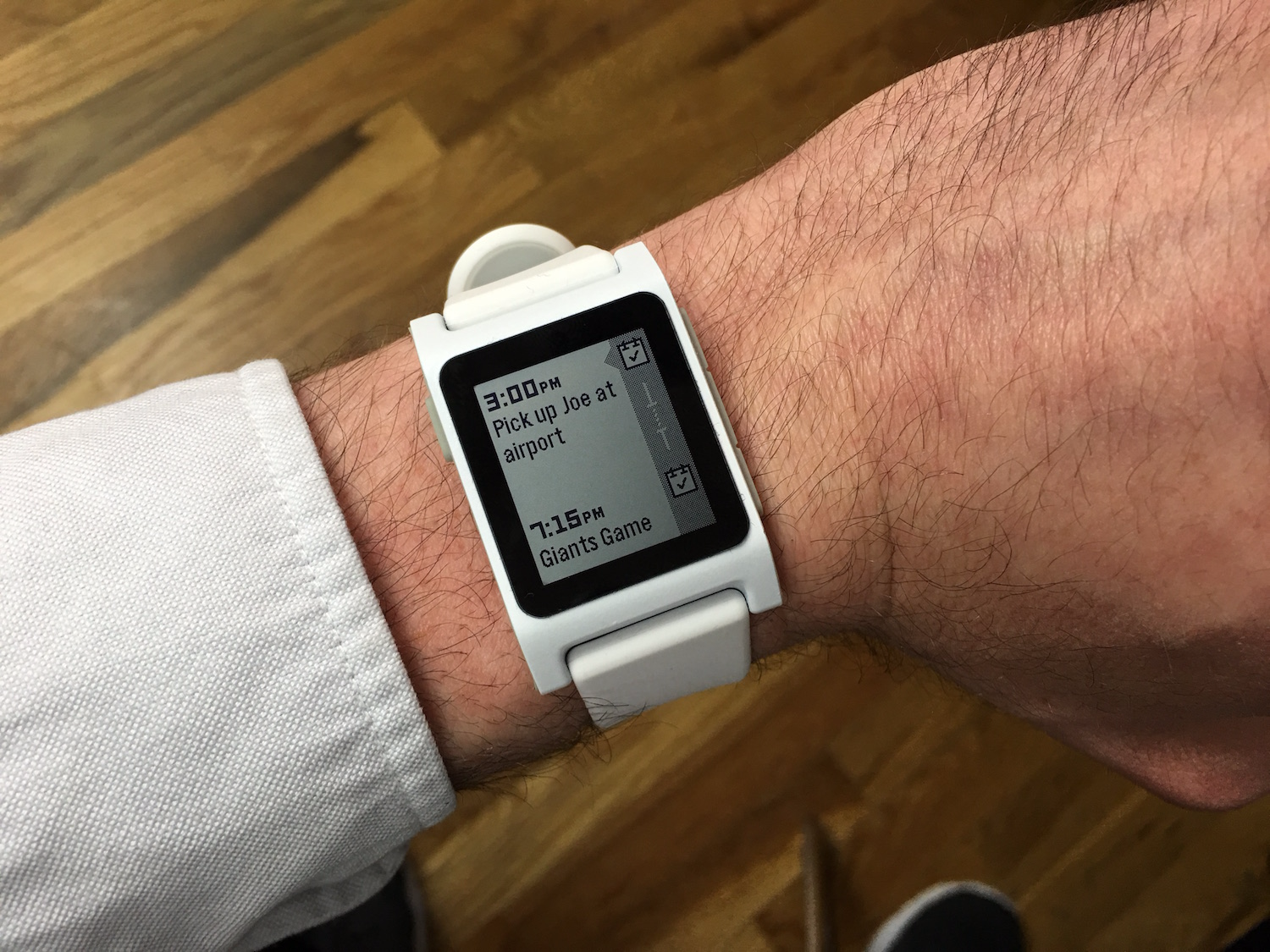Three years ago, smartwatches were supposed to be the next big thing.
They were going to be the platform where the next big app or social network was built. They were going to free us from our smartphones. They were going to go from a nerdy dream to a mainstream reality.
None of that happened.
In fact, it was the opposite. The market for wearables has proved to be insanely volatile, claiming victims much faster than we saw with the companies that went kaput following the introduction of the iPhone.
Last week, Pebble, the startup largely responsible for juicing interest in smartwatches back in 2012, sold itself to Fitbit for basically nothing. Its future products were canceled, and support for current products will end soon.
Then there's Android Wear, Google's operating system for smartwatches. Google had to delay the next version of Wear until 2017, and several partners have abandoned their plans to make new Android smartwatches this year. Motorola even said it halted its smartwatch plans indefinitely.
There have been signs of struggle across the industry, from the once hot Jawbone to giants like Intel.
The smartwatch and other wearable gadgets have had more than enough time to prove themselves as major tech products, but the only companies seeing any kind of success are Apple and Fitbit. (Even then, Fitbit has had its own struggles since its entire business revolves around the shaky wearables market.)
It's time to admit that as enthusiastic as the tech industry was about wearables a few years ago, the gadgets we got either didn't live up to that promise or failed to dazzle enough people to become major hits. At best, they're niche products, great for fitness gurus or geeks who like getting emails on their wrist.
The signs have been there from the beginning too. While Pebble had an impressive Kickstarter debut, it never sold enough watches to seep into the mainstream, only crossing the 1 million mark after about two years. Apple failed to adequately explain why it made a smartwatch and what it was for, only to pivot this year and focus on the Apple Watch's fitness-tracking capabilities instead. Fitbit has been a roller coaster of minor successes and major disappointments.
I recently spoke with someone familiar with Pebble's business who told me signs of real trouble started creeping in around this time last year when the company saw disappointing sales over the Black Friday/Cyber Monday holiday shopping weekend, failing to beat the numbers from the year before. The company quickly learned that it couldn't expand its products to a mainstream audience, no matter how excited techies were about smartwatches. Things never got better.
Some might think that's because it was Pebble's first holiday season going against the Apple Watch. I read it as people don't want smartwatches; they want an Apple Watch.
There is no smartwatch market. There's just Apple and Fitbit.

